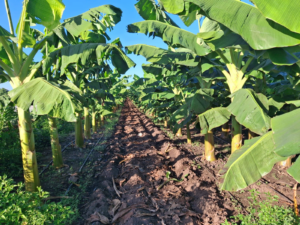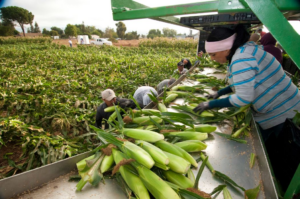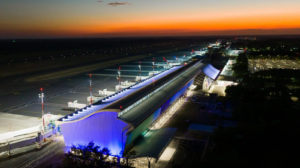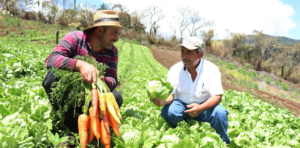
According to the Encuesta de Hogares de Propósitos Múltiples 2024of the Banco Central de Reserva (BCR).El Salvador has 2,006,110 households. The analysis of the availability of basic services by housing type reveals significant differences in coverage and access, reflecting the economic challenges facing Salvadoran households.
In terms of electricity, 1,780,778 households have this service, concentrated mainly in private or independent homes, while makeshift dwellings and shacks have more limited coverage. Access to fuels and alternative energy such as kerosene, candles, solar panels, or electric generators is mostly used by households with less economic stability, highlighting the need for sustainable and affordable alternatives.

Regarding water service, most households (1,627,099) access water through pipes inside or outside the home, but a group of households still rely on sinks, wells, or tanker trucks, which generates additional costs and limits the efficiency of domestic consumption.

Regarding sanitation services, 686,345 households have a toilet connected to a sewer system, while another 573,406 households rely on toilets with septic tanks. The lack of adequate infrastructure in makeshift housing and shacks highlights the need for investment in basic sanitation, a key factor for the population’s health and productivity.
Finally, regarding solid waste collection, 1,166,587 households receive public residential collection, while more than 664,000 households still burn their waste, generating environmental and health risks, as well as indirect costs for the local economy.

These data reflect that, although most salvadoran households have access to basic services, significant gaps persist, primarily affecting makeshift housing and shacks. Economists emphasize that investment in basic infrastructure and public services not only improves quality of life but also has a positive impact on household finances by reducing additional expenses and increasing productivity.







